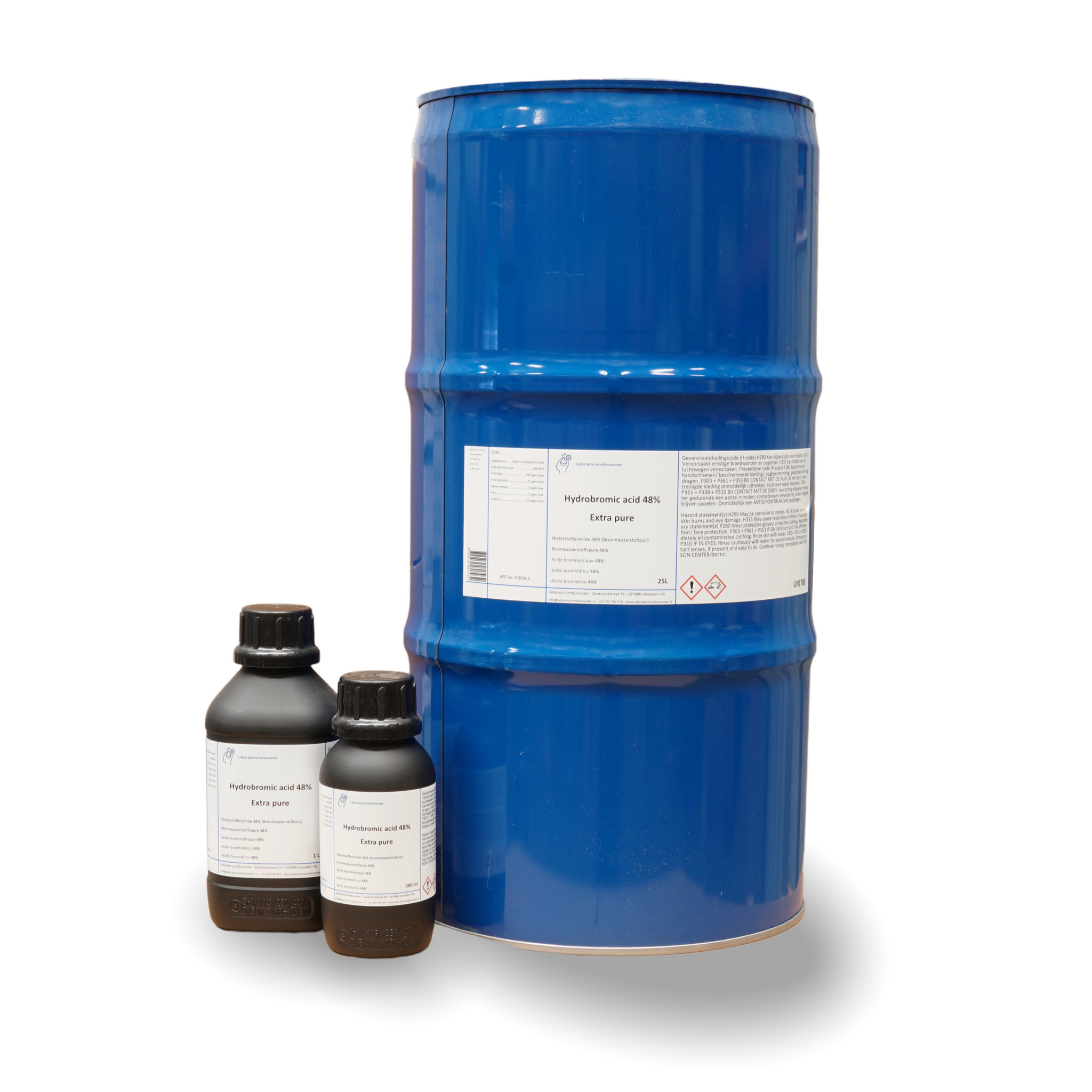The recent Israel-Hamas war has raised concerns in the South Korean semiconductor industry regarding the supply of hydrogen bromide, an essential chemical used in chip production. South Korea heavily relies on imports of bromine (Br) from Israel, with the domestic market being 99.6% dependent on Israeli imports, according to data from the Korea International Trade Association. Israel accounted for 46.2% (180,000 tonnes) of bromine production last year, with the US and China also producing the chemical.

Hydrogen bromide is specifically used in the etching process during chip production, and companies require high-purity processing technologies to produce this compound chemical. In South Korea, Hansol Chemical's subsidiary, Sole Materials, and SK Showa Denko are among the key producers of hydrogen bromide. As per sources, these companies, along with counterparts in Japan, currently have enough raw materials in their inventory to maintain hydrogen bromide production. Furthermore, they are diversifying their supply lines to ensure uninterrupted production.
The semiconductor industry has learned from past experiences, such as the price surges of elements like neon (Ne), krypton (Kr), and xenon (Xe) caused by the crisis in Ukraine. These price fluctuations placed pressure on production costs for chip makers, with the price of neon increasing by 22 times at one point. As a result, the industry has taken proactive measures to prepare for potential disruptions in the supply chain.







